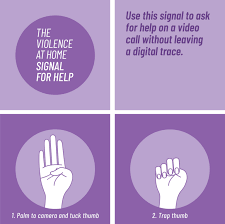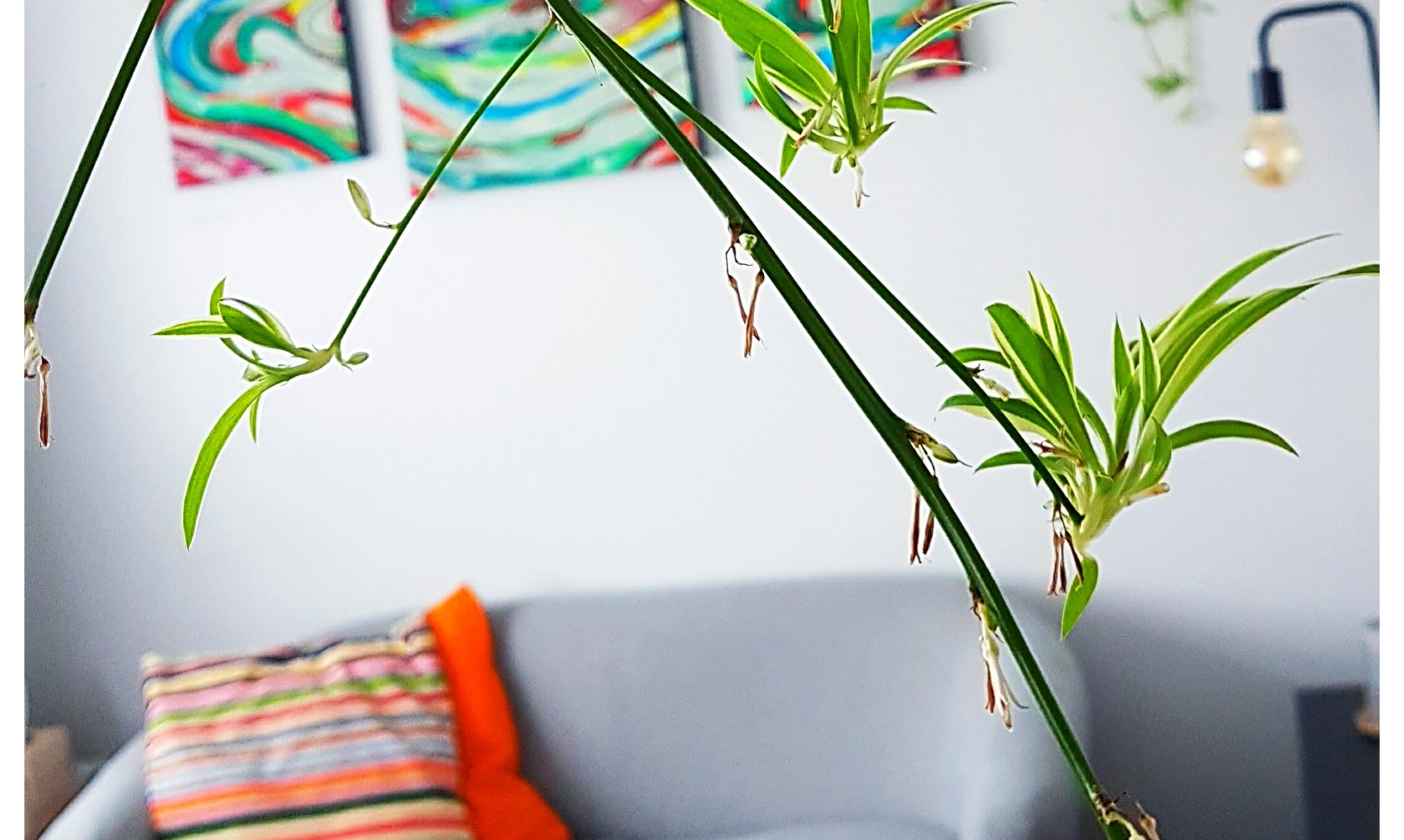
Since the initial Covid-19 lockdown in March 2020, authorities and support services have noted a surge in reports of domestic violence, with the Women’s Aid 24-hour national freephone helpline receiving 1,000 calls ABOVE the norm EACH MONTH.
Movements restricted. Social and community supports greatly restricted. Isolation from friends and family. Working from home or furloughed from work, with the associated financial pressures. Avenues which provide temporary relief have been cut off, turning our homes into veritable pressure-cookers. Time losing all meaning. A national spike in alcohol sales and consumption. Boredom combined with intensive (and forced) time spent with our immediate households and ONLY our immediate households.
Fear outside the home… and, for some, fear INSIDE the home too.
Humans are community-oriented by nature – we are not designed to live the way we have been since March 13th, 2020. But this was not the beginning of our social isolation. Communities have been becoming less “one for all and all for one” and more “every person for themselves” for at least a generation now. Neighbours are no longer like extended family. Children are no longer raised by the community: receiving a solid scolding from a neighbour as readily as we would have from our own parents. We have become strangers to each other, with a brief nod at a safe distance (which is often avoided if at all possible) replacing an easy natter across the front wall. The “valley of the squinting windows” (as my mother used to describe the street where she grew up) now turns a blind eye. We mind our own business. We keep to ourselves.
But there has ALWAYS been domestic violence, so what has changed?
In by-gone generations, neighbours may have refrained from interfering in each other’s domestic matters, but a woman could (and would) show up at her neighbour’s door to be cleaned up and soothed. They may have returned home, but there is some small comfort in being ‘seen’ and receiving support, albeit silent: wives catching each other’s eye across the washing line; a compassionate (if terse) smile; an unspoken kinship.
Isn’t the societal ideal to improve on the legacy we have been handed? But, regarding domestic violence, we seem to have taken a step away. Physical, emotional and sexual abuse. Financial and material abuse. Women and men being abused by their partners. Parents being abused by their children. Abandoned to terror and enslaved by shame. Stigma is the enemy to progress.
Safety in numbers: Sardines shoal together; birds and sheep flock… because they know stragglers get easily picked off by predators. Perhaps we need to learn from the natural world. Perhaps the vulnerable amongst us would benefit from ‘pack protection’.

So, I encourage you all to reach out (a socially distanced kind of reaching out!) in your community. Smile at passers-by on a walk. Lift your head out of your phone and make eye-contact. Make friends of neighbours. Build a village around yourself. Open yourself up to invitations to connect with others. Wherever possible, be without judgement – for none of us truly knows what another is experiencing at any given time. We know neither the path they have walked, the path they are walking, nor the load they are carrying. And if we all keep watch over our little corner of the world, we can surely help to make it a safer place for all.

If you are a woman living with domestic abuse or concerned about a woman living with domestic abuse, Women’s Aid offer a 24-hour freephone national helpline on 1800 341 900.
If you are a man living with domestic abuse or concerned about a man living with domestic abuse, AnyMan offer advice and support at (01) 554 3811 (9am to 5pm Monday – Friday). The Men’s Development Network’s Male Advice Line is also available on freephone 1800 816 588 (10am to 6pm Monday and Wednesday, 12pm to 8pm Tuesday and Thursday and 2pm to 6pm on a Friday).
If you are at immediate risk, please contact the Gardai on their emergency number 999.
Contact Sage Counsel: 086-8539718 sagecounsel@outlook.com


